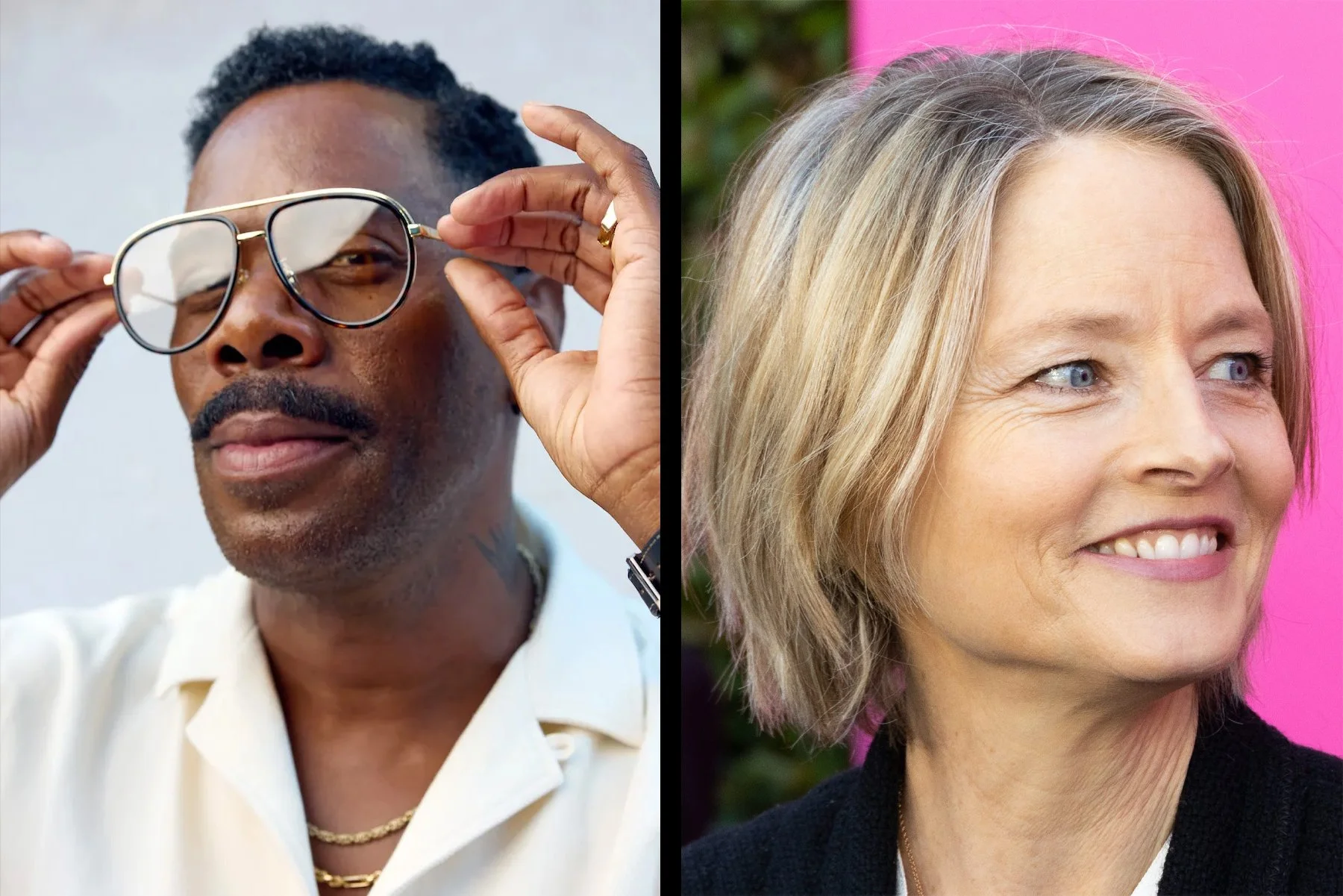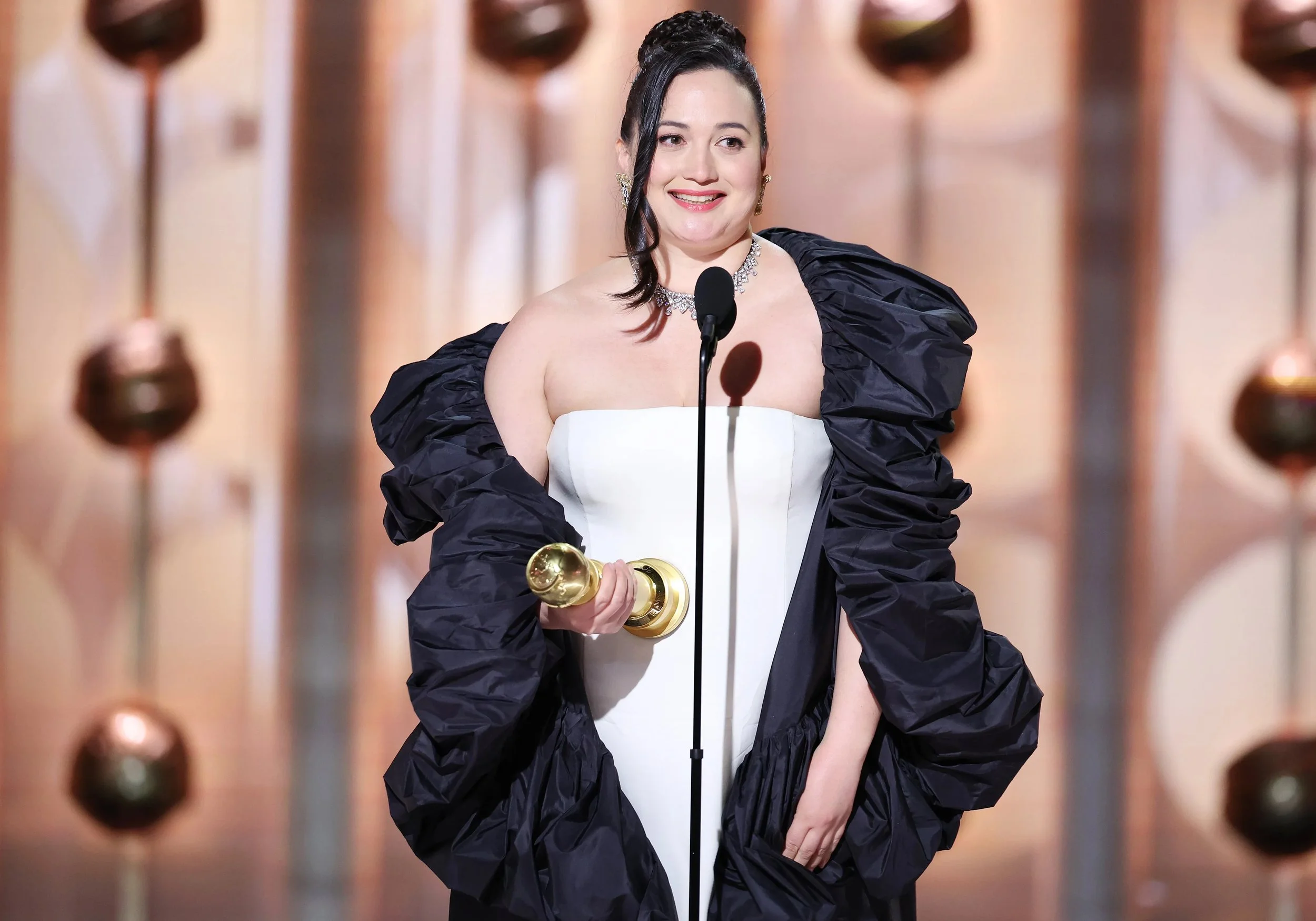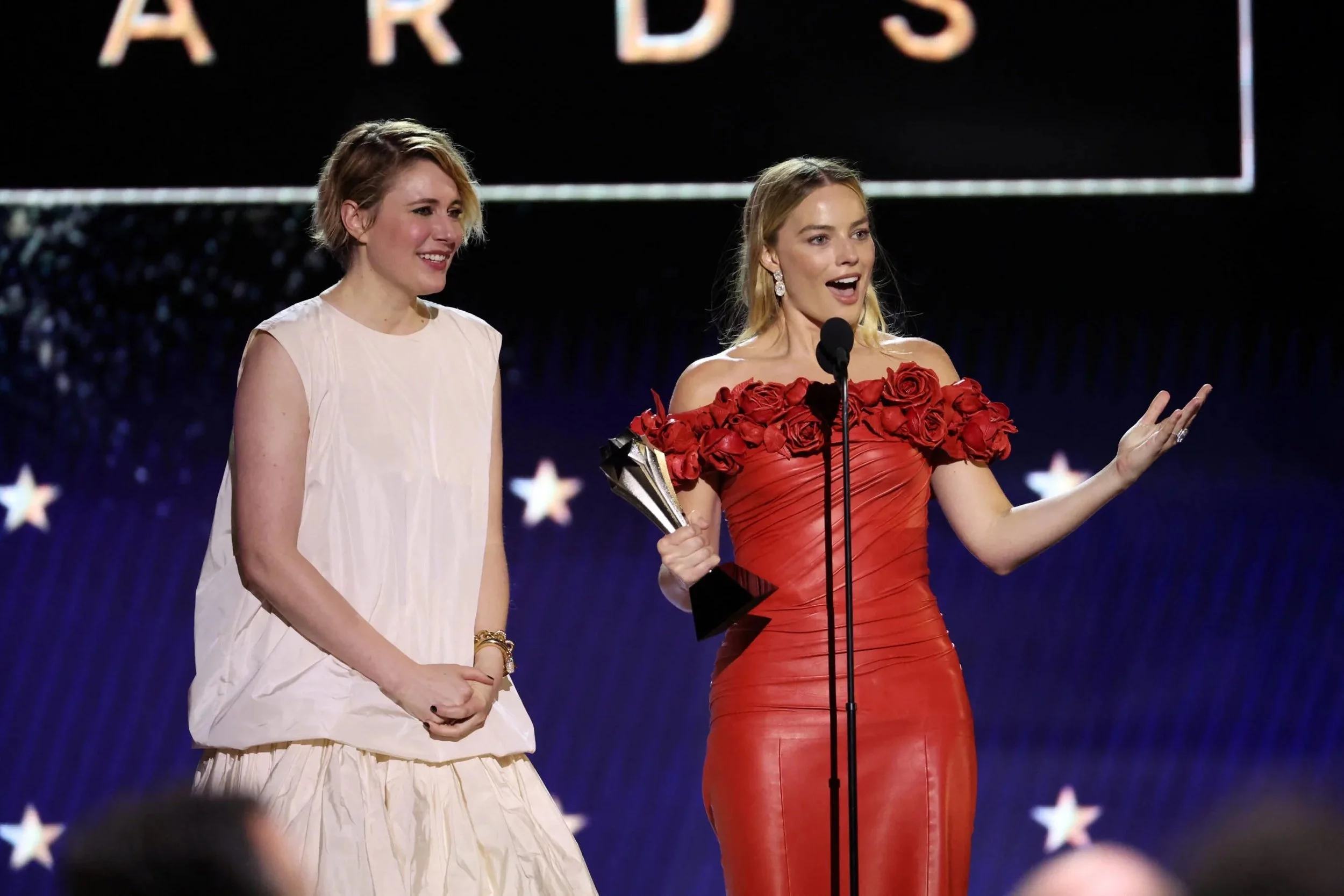96th Academy Award Nominations: A Historic Celebration of Diversity and Inclusion?
Actors Jack Quaid and Zazie Beetz presenting the nominees for the 96th Academy Awards at the Samuel Goldwyn Theatre in Beverly Hills on Tuesday morning – Mario Anzuoni/Reuters
The Academy Awards, often hailed as Hollywood's grandest film tribute, serve as both a cinematic celebration and a political platform. The ceremony provides a stage for the creative elite to showcase artistic prowess and voice societal stances, reflecting the year's most impactful performances and societal statements.
The Oscars function as a cultural barometer, capturing the zeitgeist and hinting at societal aspirations.
Actors Jack Quaid and Zazie Beetz, upholding the ceremony's rich tradition, announced this year's nominations Tuesday morning in Beverly Hills. The event, marking the first ceremony with a live audience since the COVID-19 pandemic, reintroduced a touch of old Hollywood glamour.
Before the announcement, Academy of Motion Picture Arts and Sciences President Janet Yang clarified the voting process. She explained the peer-driven selection for most categories.
"Actors vote for actors, film editors for film editors, costume designers for costume designers, and so on," Yang said.
Yang also highlighted the revised Best Picture criteria, emphasizing the academy's commitment to diversity and inclusion. The updated criteria require each nominee to meet two of four standards, focusing on on-screen representation, creative team diversity, industry access, and audience development.
"Best Picture nominations, however, are determined by all Academy members," Yang added.
This year's nominations are notable for their inclusivity, with a record number of LGBTQ individuals recognized across various categories. Colman Domingo and Jodie Foster received nominations for their roles in "Rustin" and "Nyad," respectively, marking the first time openly out actors have been nominated in the same ceremony for portraying real-life LGBTQ characters.
Actors Colman Domingo and Jodie Foster made Oscar history by being the first openly LGBTQ+ actors to be nominated in the same year for portraying real-life openly LGBTQ+ characters, with Domingo nominated for Best Actor playing Bernard Rustin and Foster nominated for Best Supporting Actress playing Bonnie Stoll in “Nyad.” – Corey Nickols/Getty Images for IMDb; Elyse Jankowski/FilmMagic
Anthony Allen Ramos, Vice President of Communications and Talent at GLAAD, commented on the significance in a statement: "Colman Domingo and Jodie Foster’s Oscar nominations are making LGBTQ and film history, serving as examples for LGBTQ talent that living authentically can lead to great success. The Academy's recognition of two out actors for playing real-life LGBTQ icons underlines that queer stories resonate broadly and deserve global celebration."
The nominations include five LGBTQ individuals, with Lily Gladstone's Best Actress nomination for their portrayal of Mollie Burkhart in Martin Scorsese's "Killers of the Flower Moon" being especially significant.
"Lily Gladstone’s Oscar nomination is a breakthrough moment for nonbinary representation, with the potential to educate and grow acceptance," Ramos stated.
Following their Golden Globe win on Jan. 7, Gladstone is a front-runner for Best Actress. If victorious, they would be the first nonbinary and Indigenous individual to win an acting Oscar, joining Halle Berry and Michelle Yeoh as the only persons of color to win Best Actress in a Leading Role.
Actor Lily Gladstone, who won the Golden Globe for their performance as Mollie Burkhart in “Killers of the Flower Moon,” would make history by winning Best Actress in a Leading Role, becoming the first nonbinary and Indigenous individual to win an Oscar for acting, and becoming the third person of color overall to win for Best Actress in a Leading Role – Rich Polk/Golden Globes 2024 via Getty Images
"It’s something that I wasn’t sure I would see in my career," Gladstone said in an interview with the New York Times, expressing hope that their nomination signifies increased care and knowledge about diverse histories.
The 96th Academy Awards also mark the highest number of Indigenous nominees in a single year, with the late Robbie Robertson nominated for his score, and Scott George, Kenny Bighorse, and Vann Bighorse for Best Original Song.
Efforts to gain insights from IllumiNative, a Native peoples' media representation organization, through a recommendation from the National Congress of American Indians (NCAI) were unsuccessful due to scheduling constraints.
Despite the high representation, notable omissions in key categories surprised fans and professionals, including Leonardo DiCaprio's absence from the Best Actor category for "Killers of the Flower Moon." However, the most discussed omissions were "Barbie" director and lead, Greta Gerwig and Margot Robbie, respectively.
“Barbie” director Greta Gerwig and lead actress and producer Margot Robbie were notable snubs in their respective categories at the 96th Academy Awards, a fact that didn’t go unnoticed by Hollywood insiders, fellow co-stars, or the general public – Mario Anzuoni/Reuters
Both Gerwig and Robbie were nominated for other Oscars— Gerwig for co-writing with Noah Baumbach and Robbie as a nominated producer for Best Picture, but their absence from the Best Director and Best Actress categories, respectively, sparked widespread discussion and controversy.
Ryan Gosling, nominated for Best Supporting Actor for his role as Ken in "Barbie," expressed disappointment in a statement: "There is no Ken without Barbie, and no Barbie movie without Greta Gerwig and Margot Robbie. Their talent, grit, and genius are indispensable."
"Barbie," the highest-grossing film of 2023 and one of two films to surpass the $1 billion mark, owes much of its success to Gerwig and Robbie. Their exclusions, especially Gerwig's, raised questions about gender bias in the industry.
The omissions and nominations this year prompt questions about the Academy's direction, media landscape shifts, and societal discourse. While strides toward inclusivity are evident, balancing intentional diversity efforts with the natural evolution of art remains contentious.
Ultimately, the Oscars not only recognize cinematic excellence but also the narratives and identities that resonate globally. As the industry evolves, there's hope for a celebration that honors artistic achievement and reflects the diversity of human experience.




